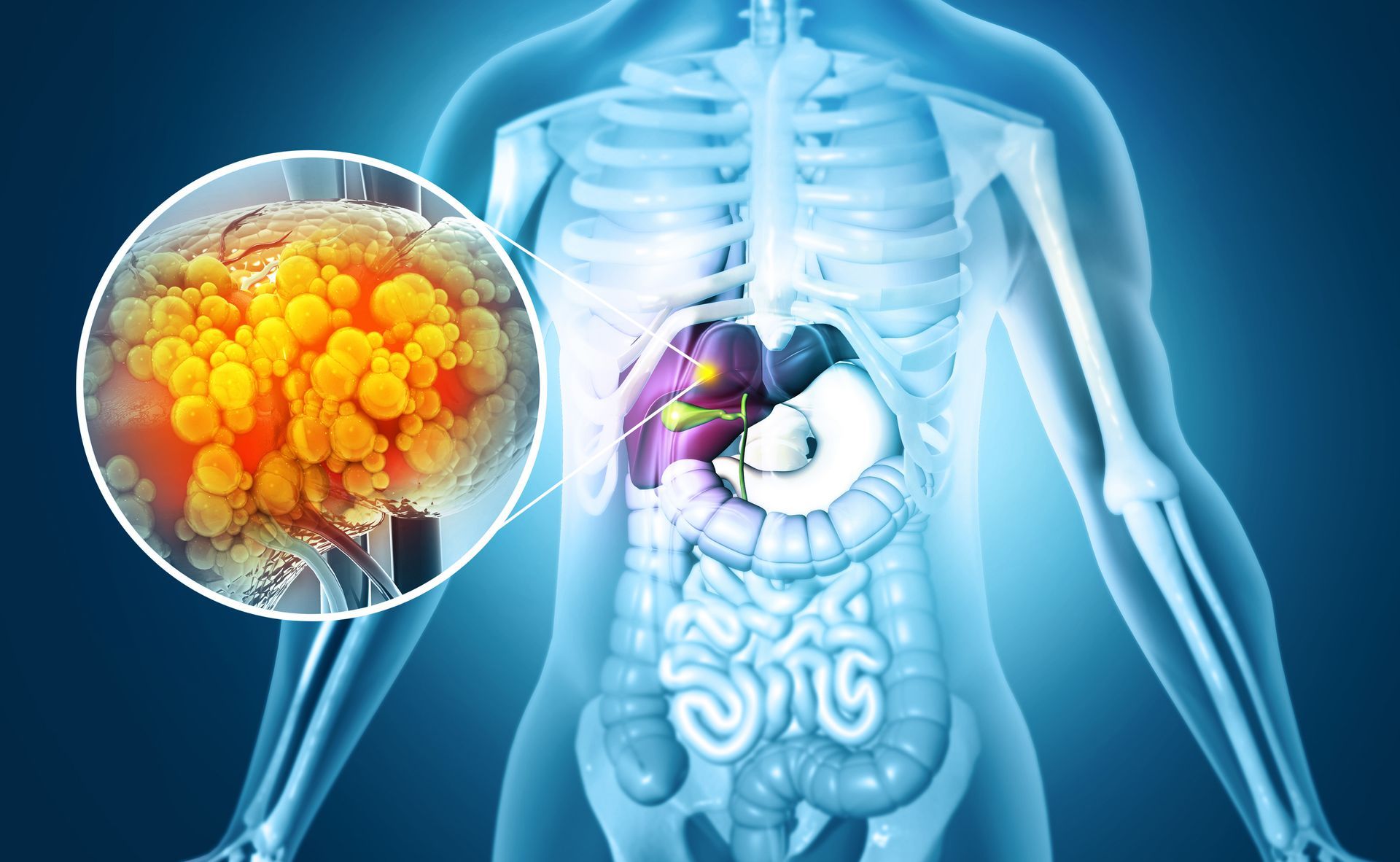Getting Ready for a Colonoscopy: What Patients Can Expect
If you are 50 years old and considered average risk for colon cancer, or if you are high-risk and younger, your physician may be speaking to you about a colonoscopy. Among the most important of all recommended health screenings, colonoscopies are the best tool for early detection of one of our nation’s most preventable forms of cancer. In fact, when found in the early stages, colon cancer one of the highest survival rates of any type of cancer.
Still, any medical procedure is likely to produce some anxiety for the patient, no matter the benefits it may provide, and colonoscopies are no exception. Rather than allowing this anxiety to prevent you from undergoing this important screening, however, take the time leading up to your procedure to learn more about the process and what you can expect. The greater your understanding, the more comfortable you are likely to be.
Familiarize Yourself with Your Colonoscopy Prep Instructions
In order for you colonoscopy to be as effective as possible, it is important to follow all of your gastroenterologist’s instructions precisely. Look over the instructions carefully as soon as you receive them, and ask any questions you may have. Fill all prescriptions ahead of time, and purchase any recommended products that you may not already have on hand such as wipes or creams.
Follow a Recommended Pre-Colonoscopy Diet
Keeping your diet relatively light in the days leading up to your procedure will help the cleansing process. Low fiber foods in particular are easily digested and pass through your system quickly. These include lean meat, eggs, white bread, pasta, rice, and fruits and vegetables without skin or seeds. On the other hand, foods to avoid may include whole grains, nuts, seeds, and fatty foods. You may also ask your physician for any additional dietary recommendations beforehand.
Cleansing Your System for a Colonoscopy
On the day leading up to your procedure, you will be restricted to a liquid diet. This can include water, Jell-O, popsicles, or sports drinks as long as they do not contain red, blue, or purple dye. Beginning that night, you will need to take strong prescription laxatives to promote bowel movement and clear the colon. In most cases, you will drink a half gallon of the liquid laxative the night before and the other half the morning of the colonoscopy, several hours beforehand. And, although the taste of the solution is less than desirable, you can help improve the process by keeping it well chilled, adding flavor from a mix such as Crystal Light, and drinking through a straw.
What Happens After a Colonoscopy?
Roughly one hour after the colonoscopy you will begin to recover from the sedative. However, the effects can take up to a day to wear off completely, so you’ll need someone to bring you to and from the appointment. You should also plan on staying home the remainder of the day. Bloating, gas, and small amounts of blood in the first post-colonoscopy bowel movement are all normal. However, most patients feel fine afterward and return to normal activities the following day.
Although a colonoscopy may seem daunting, the process is rarely as difficult as patients imagine it to be, and the results can give you peace of mind for years to come. So, why put off such a simple and important procedure? Call Digestive Diseases Center now to inquire about scheduling your own colonoscopy.
CONTACT
850-763-5409
ADDRESSES
4 LOCATIONS
204 E 19th Street, B, Panama City
12216 Panama City Beach Pkwy, D, Panama City Beach
4295 3rd Ave, Marianna
101 Good Morning St., 109B, Port St. Joe
Subscribe to our newsletter:
subscribe to our newsletter
We will get back to you as soon as possible.
Please try again later.



